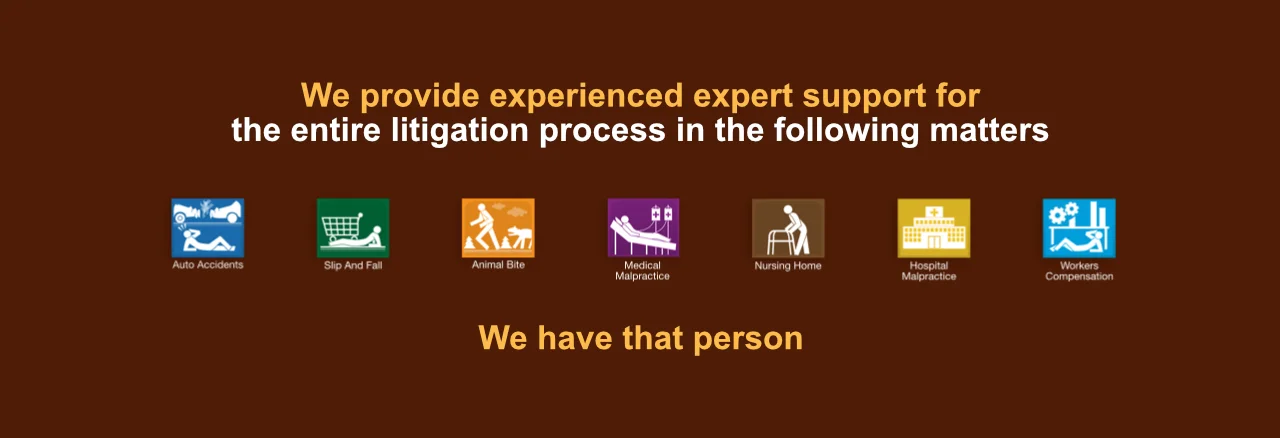If anyone has been involved in litigation that person probably learned that the result of what happened in court probably had little to do with what happened out of court in the first place. Everyone who goes to court thinks that they’re right and wants to win. But, fifty percent of the parties lose! This means that fifty percent of the litigants were just flat out wrong. Further, even a percentage of the winners know that maybe they shouldn’t have won and were surprised when they did. I don’t know the percentage of this category but suffice it to say that over fifty percent of court litigants are wrong in their analysis of what will happen. This seems like a high number and I briefly discuss why it is so in medical malpractice cases and to some extent in other as well.
In medical malpractice the plaintiff (victim) has no way to control what a doctor may have done wrong. But what is pretty much always true is that the average person doesn’t know much about being a doctor or understanding biochemistry and physiology. This fact almost always works in the doctor’s (defendant’s) favor for two reasons. The reasons are that doctors are generally liked and respected for this and they and their insurance defense lawyers can use the complicated subject matter to their advantage in front of jury.
There are seldom any objective witnesses to medical malpractice as there might be for a motor vehicle accident. Obviously, another motorist or pedestrian may see what happened in a car accident but where are the innocent bystander witnesses in the operating room and if any do exist ask yourself who they are likely to know and side with.
Taking on a well funded profession with deep knowledge of a specialized subject matter is no easy task either. The victim-plaintiff must first even find a medical expert witness willing to testify against the medical establishment and then after that be left to figure out how to pay that expert’s very expensive hourly charges. Both of these tasks are extremely difficult.
They say that in court it is not what you know but what you can prove. In further support of that are some very complicated rules and guidelines meant to keep out evidence which is not relevant to the cause. This can sometimes also work to further color what actually does get into evidence.
After all this is done you then have 12 ladies and gentlemen who also do not understand biochemistry and physiology. Not even close. God only knows how they resolve these complicated medical cases in their minds but given the stats of outcomes they’re not doing too good. I doubt that they ever will. The result is a literal crap shoot that depends on a whole lot of things out of your control. At least do this; know that you need to really analyze any lawyer you’re going to pick as well as the team that he’s going to work with. Your best shot at winning a medical malpractice case as a victim suing a doctor is to have an excellent trial lawyer and an excellent medical consultant getting you excellent medical experts.
Yes you’ll read now and then about a big recovery but understand that in the scheme of things these are few and far between. MedWitness, Ltd. does assist lawyers with these types of cases and we have been able to increase the odds for the injured victim. But even with such valuable assistance the basic truth remains that winning these cases really isn’t easy for anyone. The more you have going for your side the better.


